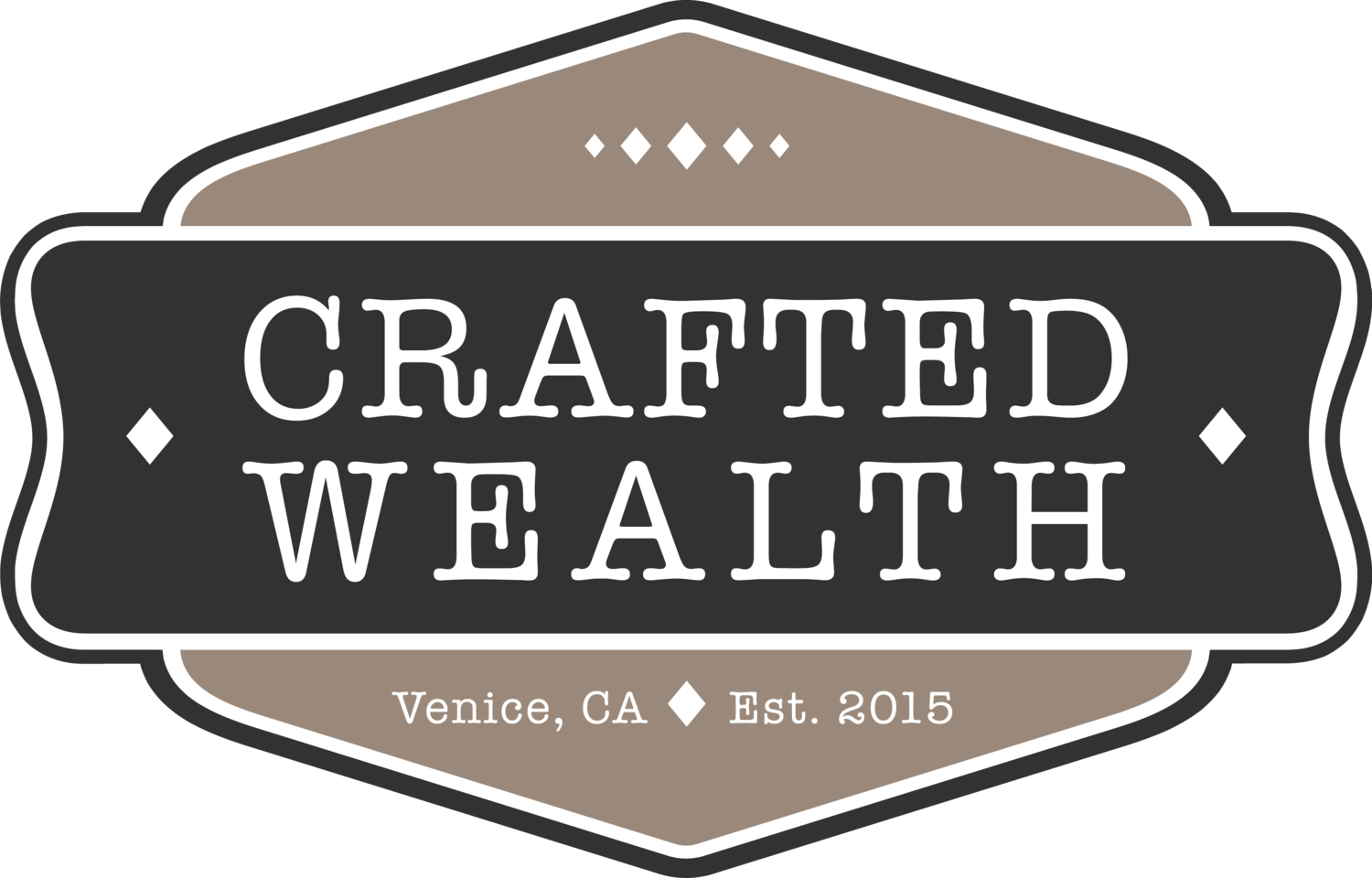How do you make the most of working with a Certified Financial Planner while in your 30’s
Hi all! I’ve helped many people in their 30’s get their finances in order. Today I want to walk through a real world situation so you can see what is possible with our help. Our lives get more complicated as we age and we’ve seen the weight lifted by the clarity and organization we’ve brought to our clients.
Compared to your 20's, your 30's can mean a lot of change. You may have been through multiple jobs, moved states, gotten married, had kids, gone through a divorce, etc. You’ve had life happen and you’ve been going through it as an adult. It can be difficult to keep your financial ducks in a row throughout this period. This is especially true when two people are making joint financial decisions. You are starting to wonder if it’s possible to stay on track, organized, and on the same page with your spouse/significant other. You feel like you want the help of a financial planner, but aren’t sure you can afford it, where to start, or if you need all the bells and whistles that come with a full financial plan. Well, don’t worry because this is what we do and we have options for you!
For ideas on a number of ways to engage a Certified Financial Planner, see our post here.
Case Study time!!!
This is a real client that came to me with investment questions. They had just received a reasonable windfall, didn't consider themselves to be “good” with money, and wanted some advice.
What do we do first?
Ask some questions of course!
Why have you reached out to a financial planner at this point in your life? What do you hope to gain by working with a financial planner? What does clarity look like to you?
It’s important to reflect on your financial history and the story you tell your self about money. What is your understanding of the financial markets and investing in general? What’s your earliest memory surrounding investing? Asking these questions helps me learn a lot about you and may actually remind yourself of something you’ve long forgotten. Through discussion, we learn why you feel you may not be “good” with money. In this case, none of their friends were “good” with money. There was no one there to give constructive criticism when going through financial decisions and no good example to model themselves after. The default in their life was to spend what you made.
What’s next?
So what else did we cover in this session?
I knew we had plenty of time to chat so we started calculating their Net Worth, they were surprised to see what it was.
We also went through their budget and current outlook of cash flow. They had a few expenses that were pushing them above their current monthly income. Three of those expenses were going away over the next couple months which would soon give them a net monthly positive income! They were excited about that, now they can decide what to do with it. Save, spend, invest, or give? Lots of options.
We also covered investments. Taking their current understanding, we walked through how to take advantage of financial markets for long-term gain. We learned their tolerance for risk which helped us determine their asset allocation (split between stocks and bonds). We did an audit of their 401k to see if their current allocation was in line with their risk tolerance. We also made sure that they were invested in the least expensive, most efficient mutual funds that their 401k offered.
All of this was done in a two-hour Ask-Me-Anything session. They left the meeting with a spreadsheet that held their net worth, current budget, and hopeful future budget (their goal budget!). They also got their risk tolerance report and an analysis of the fund choices in their 401k via Morningstar software. The Morningstar reports have a breakdown of asset allocation and mutual fund expenses as well as many other in-depth data. Lots of value and questions answered in a short amount of time.
If this relationship were to officially continue in the Hand-Crafted variety we would have replaced the spreadsheets with ongoing tracking through Advizr, transferred investment accounts to TD Ameritrade, invested according to their risk tolerance and asset allocation, and proactively worked through their personal financial story via hopes, goals, and values conversations to start reframing their focus. Working through this is pivotal to your future success. When you approach your finances with your goals in mind it’s easy to decide where to put income, bonuses, and unexpected windfalls as they come into your life.
Takeaways
When you’re working through your own finances, it’s helpful to have someone to provide expertise and act as a sounding board. Especially, like the client in this case study, if you have no good role models or others to turn to.
When you’re working through your finances with a partner, it can be helpful to have a third party to work with. Instead of conversations breaking down to “you vs me” you’ll have someone to help you work through joint goals. This will give you mutual understanding and clarity. You’ll be able to work together to get what you want out of life.
As financial planners a lot of the time we’re here for accountability and proactive planning. It’s important to live a proactive, financially healthy lifestyle. That’s what an ongoing relationship with a financial planner is all about!
What other financial or life planning questions would you like answered? Let me know and I can answer them in a future blog post.

